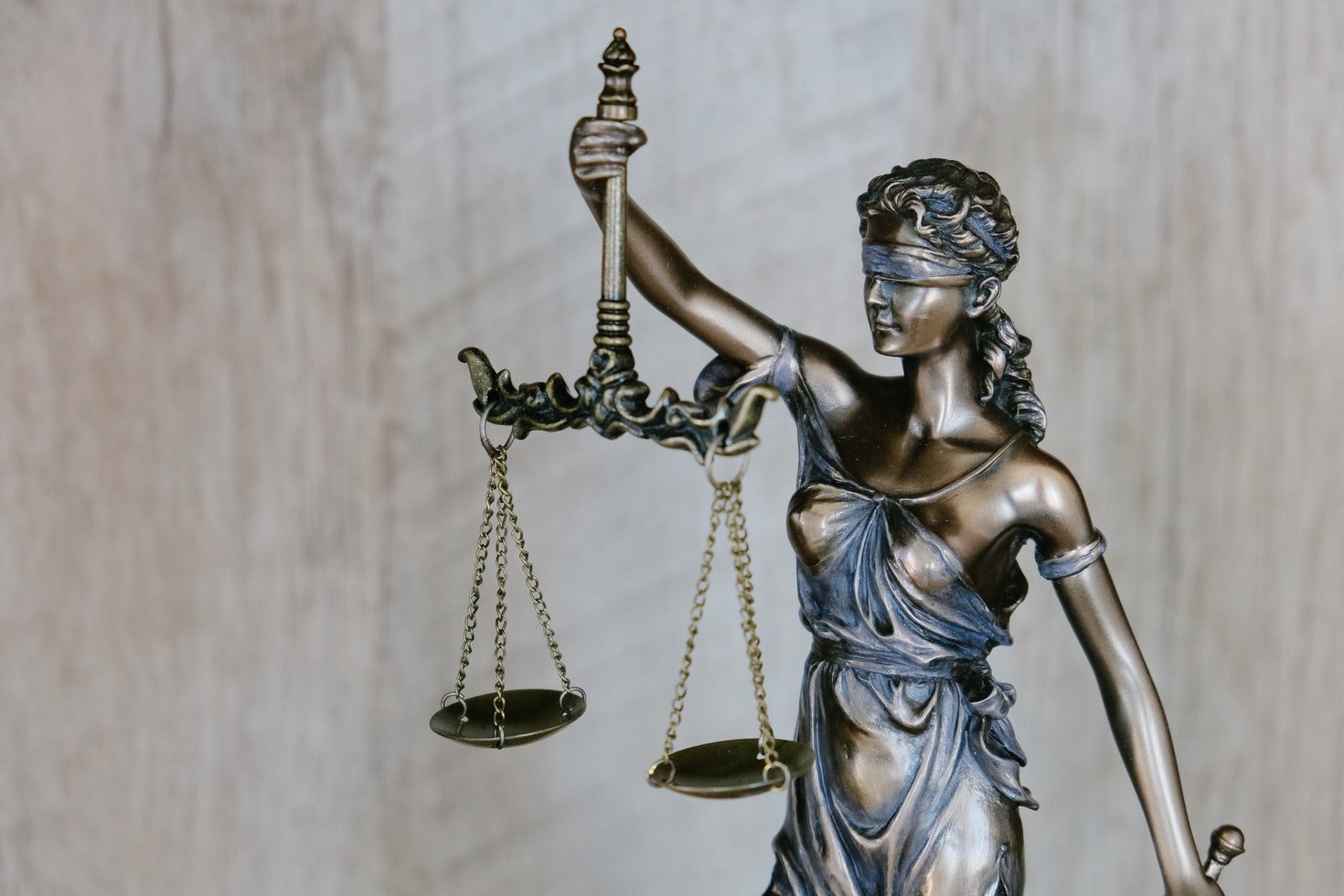The Plight of the Third World in International Law
The international system prioritises Western countries at the cost of the interests of Third World states. This ongoing battle is largely evident in the recent migration crisis.
Photo from Unsplash
Makau Mutua, Professor of Law at University of Buffalo contends that international law is a predatory system which consistently allows for the repression of Third World states by Western countries. For this reason, international law will never propose a just, equitable and legitimate code of global governance for these repressed states. International law, Matua argues, is a system predicated on the suppression of Third World states by Western countries.
Anthony Anghie, Professor of Law at NUS, has been a main proponent of the argument that international law is based on the extension of imperialism and therefore, the notion of ‘civilising the uncivilised world’. This is a clear result of the hangover left by institutions such as the League of Nations. State sovereignty, as asserted in the Peace of Westphalia, was shaped by colonialism, and its existence reproduces inequalities inherent in that encounter.
International law supposedly reflects an aspiration and promise of justice to Third World states; however, it is embedded in hierarchical structural power. The formal structure of international organisations is clear evidence for this. In the World Bank, voting is accorded to a state’s shares, i.e. how much they pay into the institution. States who make a heavier contribution, therefore, have a heavier vote. Even if international law regards all states as equal, wealthier states are still accorded a higher voting share in the formal institutions of international law, which means that they can often make decisions without even considering the views of poorer states.
The United Nations Security Council further represents a similar system where only the five permanent members acquire a veto. The veto is mainly made up of Western states, with the addition of China and Russia who have posed either economic or political threats to the Western hegemony and therefore have risen to prominence. Many of the smaller, Third World states will scantily be able to put up any notable opposition to Western states, sufficient to be recognised as a threat. For instance, in rejecting the Copenhagen Accord, Venezuela used international law to show its opposition to the Western hegemony, however, it did not result in an act sufficient enough to even be recognised by great powers. In this way, the formal institutions of international law do not adequately reflect international policies today because the greater powers are given a louder voice, perpetuating the subordination Anghie discusses.
Western hegemony has prejudiced the global order and stability of international law in intervening in these Third World states, a testament to their prior colonialist tendencies. Humanitarian intervention is controversial, seen as a way for the West to occupy Third World states under the guise of intervening for their benefit. The difficulty has been shown in cases such as Nicaragua, where the US intervened in the state’s conflict and helped the contras form effective opposition. Furthermore, in India, there was intervention in favour of a group persecuted by Pakistan, leading to the independence of Bangladesh. Most recently, in the post-Iraq War context, countries have followed the argument presented by Bush in justifying their actions as an act of humanitarian intervention. The UK evidences this, as seen in the conflict between the Kurds and the UK.
The fact that intervention can occur so easily and be seen as justifiable suggests that Third World States do not share the same sovereignty as richer states. The principle of inviolability should mean their borders are not to be violated unnecessarily, but if humanitarian intervention is being used as a mask for invasion, then this suggests the system of global governance that rests in favour of the richer states. The lack of accountability mechanisms for great powers in formal institutions of international law proves that the system of global governance is illegitimate.
There remains to be a colonialist hangover in which international law has based itself on. There is little hope that the interests of Third World states will be taken seriously and viewed equally to great powers, but without this, the international system will never be seen as a legitimate code of global governance for the Third World. This discussion is vital in light of the recent developments in international law, with asylum seekers from countries such as Syria risking their lives in order to cross the channel. Importantly, with the lack of accountability infrastructures for countries like the United Kingdom, these citizens of crippled states will never receive justice.
Pi Opinion content does not necessarily reflect the views of the editorial team, Pi Media society, Students’ Union UCL or University College London. We aim to publish opinions from across the student body — if you read anything you would like to respond to, get in touch via email.

